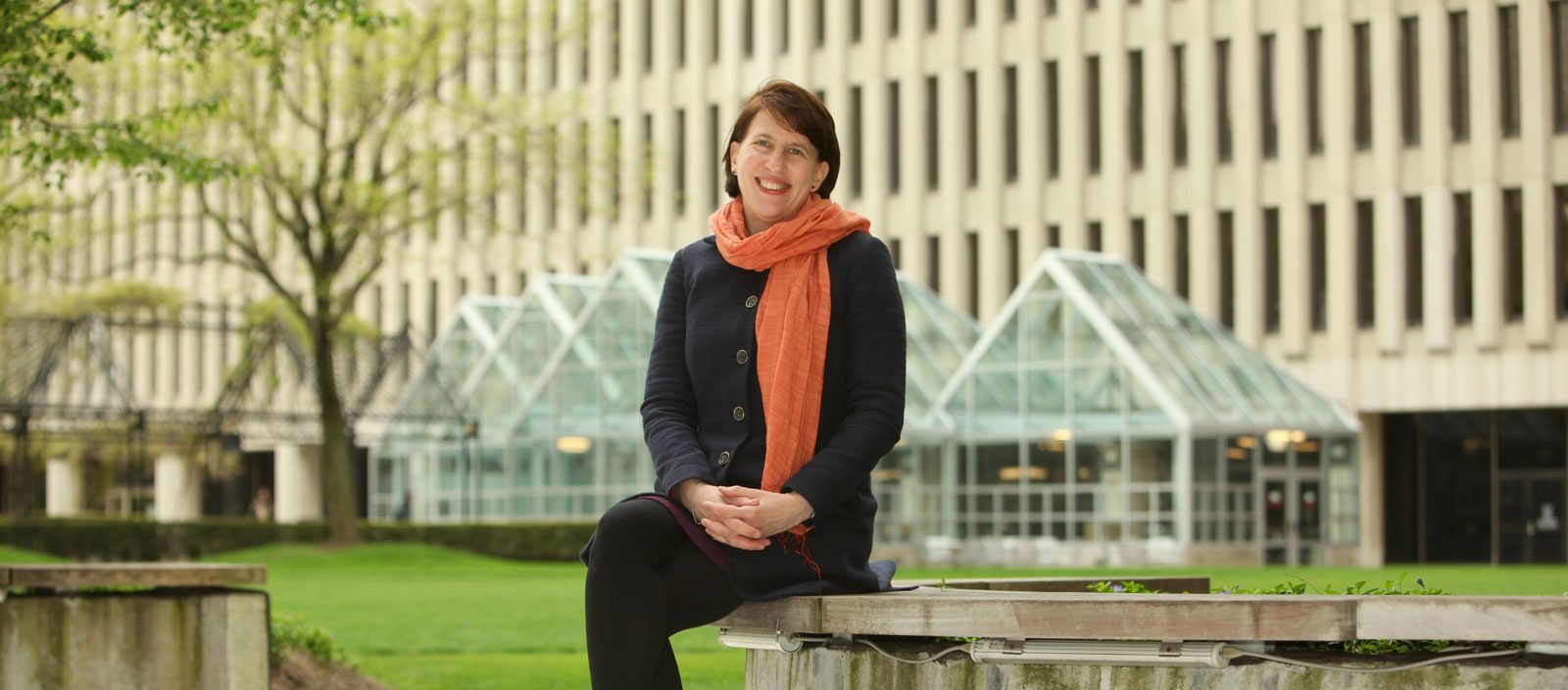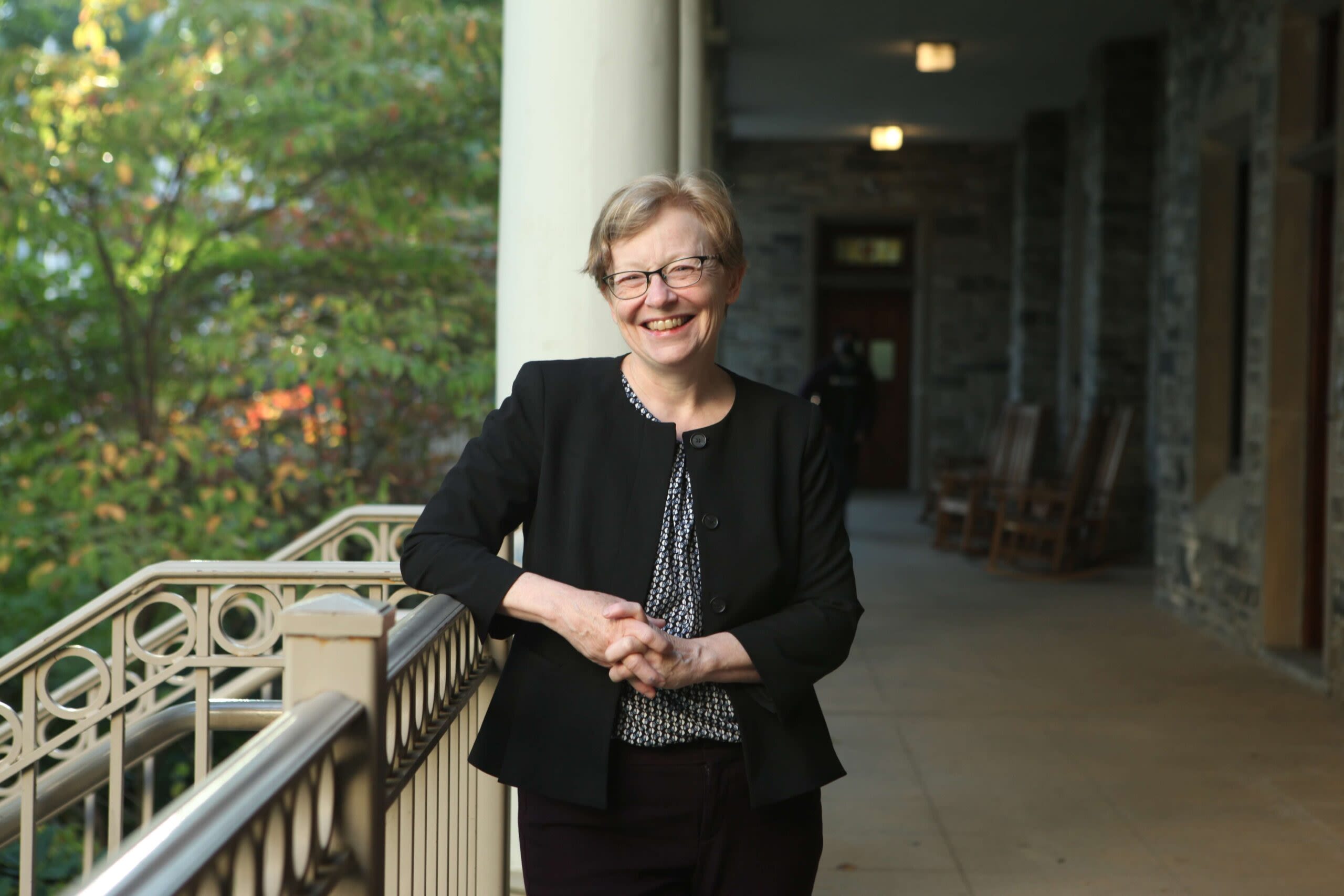Internships must work better for students. Fordham is on the job.
Internships give students invaluable learning opportunities. But too often, employers reap more of the benefits. A new program at Fordham is putting students first, with promising results.

We have a problem with internships. It’s not that internships don’t provide good experiences, or lead to jobs, or help students discern possible career paths. Some definitely do, which is why they’re considered high-impact practices; active learning opportunities that foster engagement, particularly among students from historically underserved demographic groups.
Our concern—and we are not alone in this—is that internships too often serve the interests of employers above those of students. Paid internships are usually found at corporations that place profits over people, exacerbating the social and economic divides in New York City. Many students ask for college credit for their unpaid internships, adding unnecessary credits to their transcripts and, even worse, often paying for these credits—essentially paying to work for free.

Laura Auricchio, Ph.D. Credit: Tom Stoelker
Laura Auricchio, Ph.D. Credit: Tom Stoelker
In early 2020, we put our heads together to sketch out a solution to this problem, one that would provide financial support for our students to undertake internships at non-profit institutions. We had barely started when the Bronx and Manhattan communities that Fordham calls home became the epicenter of the COVID-19 pandemic in the United States. Our campuses quickly emptied and the “city that never sleeps” was suddenly still.
As opportunities for internships and employment evaporated, students without built-in professional networks or family funds bore the brunt of the loss. Museums and other non-profit organizations were hit hard, too: for many cultural institutions, no visitors meant no income. Hiring came to a halt in the arts organizations that play a crucial role in the life and economy of New York City. We felt helpless in our Zoom rooms, unable to stem the suffering all around us.
Inspired by the call for a Jesuit university to be a “social force [to] transform and enlighten the society in which it lives,” we worked with non-profit organizations to construct mutually beneficial internships, encouraging them to imagine what virtual internships could look like. We offered flexibility, so that the internships suited their needs but were high quality. And we committed to financial support for our students, so that they did not have to choose part-time jobs over unpaid internships.

Maura Mast, Ph.D.
Maura Mast, Ph.D.
Fordham piloted this new approach with two institutions, the New-York Historical Society and the Museum of Arts and Design. Each organization developed an internship position description based on their unique needs; Fordham’s office of career services posted opportunities on Handshake and circulated it to students. The response was incredible: in a short time, 49 students applied for one internship, and 48 for the other. Our students and our community were clearly hungry for these opportunities.
In May 2020, the world changed again with the murder of George Floyd. Guided by its Jesuit principles, Fordham redoubled its commitment to confronting racism and educating for justice through a new action plan. We revised our internship program accordingly, developing new partnerships with organizations dedicated to advancing racial justice. The Dyckman Farmhouse Museum in upper Manhattan–a community-focused institution that centers the history of slavery in New York in its research and programming—has become our most active partner, hosting seven interns to date. ArtNoir, “a female-majority and minority owned, NYC based global collective” dedicated to “catalyzing cultural equity across the arts and culture industries” has hosted three. The Interfaith Center of New York hosted several interns, including one to support their work in building multifaith coalitions for racial justice.
The internship program is now thriving with 27 partner institutions and 47 internships completed to date and more in development. The impact has surpassed even our highest hopes and our partners are consistently delighted. Our contact at the Dyckman Farmhouse reported that the work of one intern “enabled the Museum to keep its important research and programs in the media and the minds of both old and new audiences.”
Student outcomes are tangible and impressive: one Fordham College at Rose Hill student went from the Brooklyn Museum internship to a coveted paid internship at the Metropolitan Museum of Art. A Fordham College at Lincoln Center student was hired by the Museum of Arts and Design upon completion of her internship and is now in Paris on a highly competitive Fulbright-Harriet Hale Woolley Award in the Arts. Our alumni, excited about the program and its potential, have introduced us to new partners and provided generous financial support.
Although the program started as a solution to the internship problem, it’s accomplished a great deal more. We’ve developed a model for building equitable relationships with our neighbors, and generated enthusiasm among our alumni who are excited that their engagement yields tangible results. Most importantly, we’ve learned that leaning into our mission, collaborating with partners, and responding to the needs of our communities, are vehicles for achieving high impact results with relatively little financial expenditure. These lessons will be invaluable for solving whatever problem arises next.
This sponsored content was written and provided by Fordham University. The editorial staff of Inside Higher Ed had no role in its creation.


